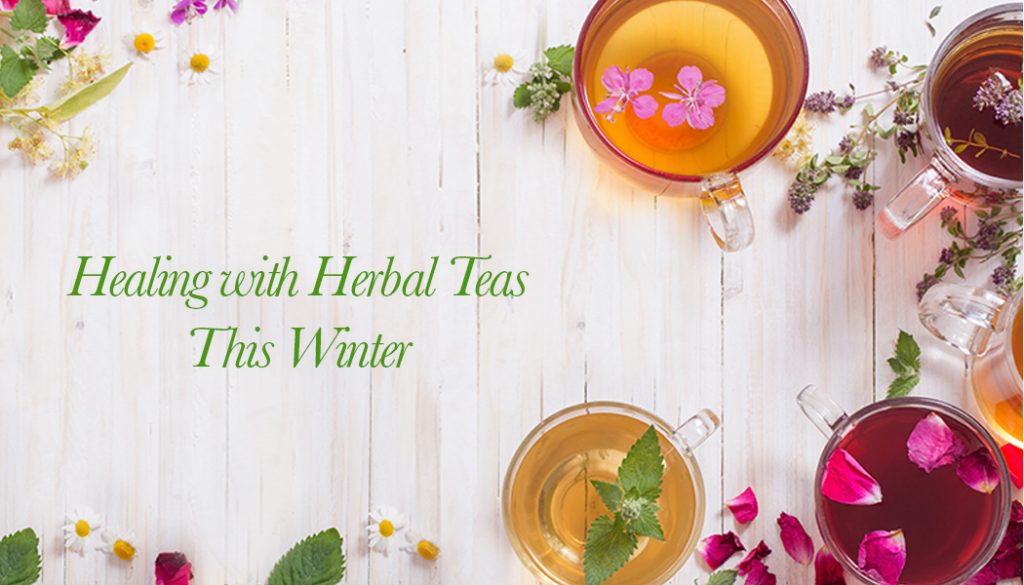Sipping on your favourite blend on a nippy winter night, or even a cozily warm winter afternoon, is like shrouding yourself in an emotional comfort blanket. Besides satiating the craving immediately, drinking the right tea improves your mood, helps you relax at the end of a trying day, and provides the right pick-me-up when you take a mini-break in the midst of your busy schedule.
Here are a few teas to consider introducing into your daily nutrition and wellness routine this winter.
SPICE-INFUSED BLACK TEA
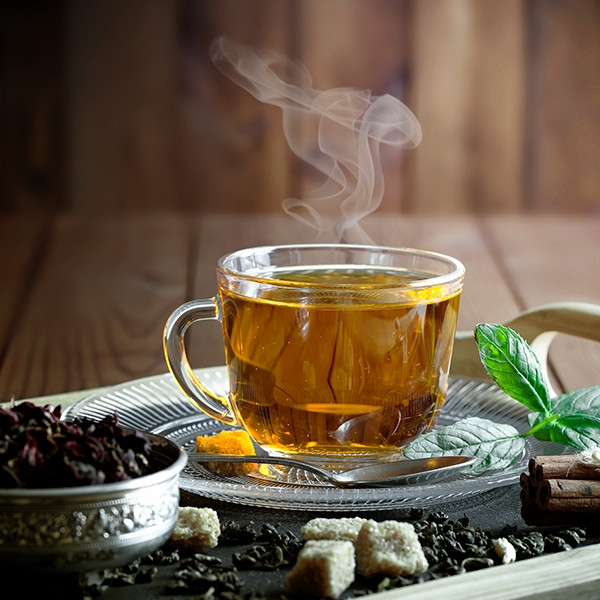
The Indian household staple, masala chai tops the list of winter therapy teas for many people; and not without good reason. Black tea itself is good for the heart, for lowering cholesterol and the risk of diabetes, as well as for alleviating stress. The typical spices and aromatics in masala chai – ginger, green cardamom, aniseed, clove, cinnamon, and black pepper – have anti-inflammatory, pain-relieving and mood-uplifting properties. They are also great for digestion, a quality which balances out the otherwise rather acidic nature of tea. Though masala chai is very lovingly brewed with milk over varying heat intensities to induce just the right degree of ‘thickness’, it can be enjoyed without milk as well.
TULSI (HOLY BASIL) TEA
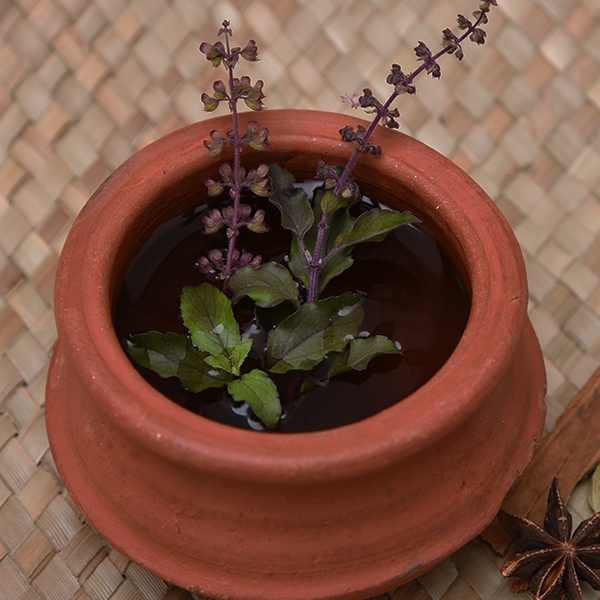
Ayurveda places tulsi on a high pedestal. It is a powerful adaptogen, which means that it helps the body adapt its responses to the varying nature of stress triggers; that in turn harmonises the internal physiological and psychological communion of the human body. It cleans and detoxifies the immune system, and, on a more spiritual level, a person’s aura as well. For these reasons, Ayurveda also classifies tulsi as a sattvic herb, i.e one that heightens meditative clarity, intuition, and awareness, and strengthens unity with the Divine, because of the abundance of prana, or universal life-giving energy within it.
Winter is a tough time for prominent Vatadosha constitutions. Tulsi tea suits well, as it regulates body temperature and blood circulation, clears excessive Vata from the digestive tract, and improves the absorptive capacity of tissues. It helps colds, coughs, arthritis, headaches, and congested sinuses, thereby clearing up excessive Kapha. Indigenously, India has Rama, Krishna, and Vana varieties of tulsi. The first two are named after deities, the third means ‘forest’. Ramatulsi has a light, mellow taste, knowing for its cooling and soothing properties (which works for Pitta imbalances). Vanatulsi is more aromatic. Krishnatulsi, like the skin of the god it is named after, has dark, almost purplish leaves, which lend an invigorating peppery taste to any tea blend.
SPEARMINT TEA
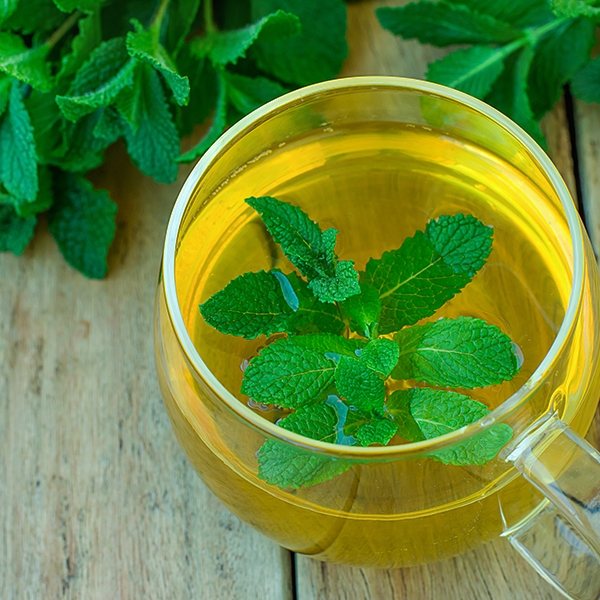
Peppermint and spearmint are two different varieties of mint, though they are often mistaken for each other. Spearmint has a crisper, sharper taste and fragrance, because of the combined menthol concentration of both peppermint, and water-mint in it. Spearmint tea is an ideal daytime choice for those who are always on their toes. It is light and refreshing, capable of drawing out lethargy and procrastination, especially when one is distracted by thoughts of their warm, cosy duvets at home, whilst they are at work! It soothes gastric troubles, and dissipates sensations of bloated heaviness, making for an effective post-meal digestive drink. In the long run, it helps with weight management. Spearmint tea is also recommended for those constantly plagued by bouts of hormonal acne, and/or those suffering from PCOS/PCOD related hirsutism, weight gain, and uneven, blemished skin.
TURMERIC TEA
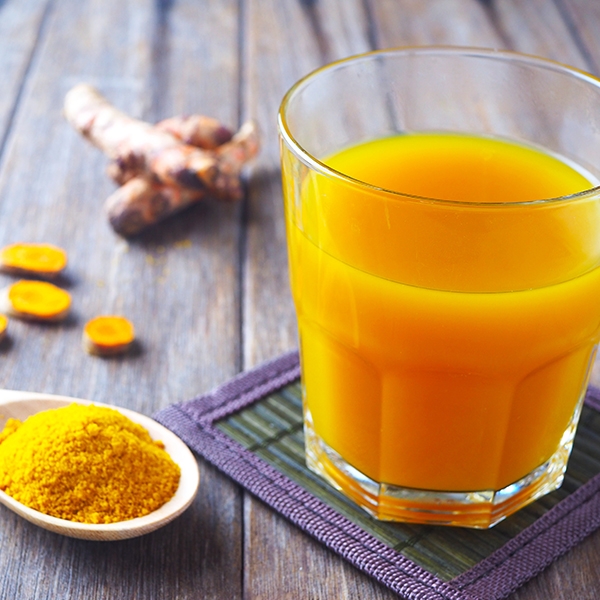
Turmeric tea is an acquired taste, but the dry, earthy aroma can really grow on you. Besides, you can always blend it with ginger, and/or lemon, and milk to taste. Turmeric tea is an effective remedy for puffy skin, inflammation, and for closing and healing wounds and bruised skin. It aids weight loss, and is known to clear up, smoothen, and brighten acne infested skin with regular and disciplined consumption.
ROSE TEA
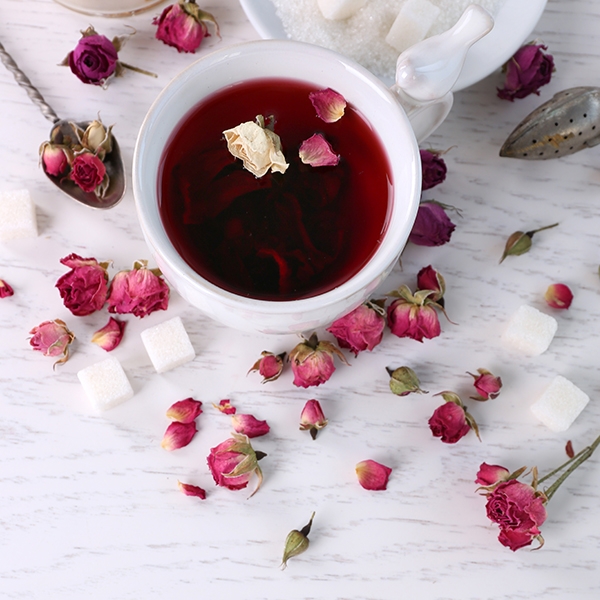
Rose orchestrates the delicate relationship between sadhaka pitta, the sub-dosha of fiery Pitta that governs the impact of emotional processing on the heart, and prana vata, the sub-dosha of breezy Vata that controls the brain, head, chest, and respiratory functions. Prana vata disturbances can cause anxiety, fidgetiness, lack of sleep, and immune system problems; as the person does not feel balanced and anchored in the various facets of their life. Rose tea is a good choice as a nocturnal, post-dinner beverage, for it soothes tense thoughts, and feelings of trepidation and sadness, which enables one to slip into peaceful and restful slumber. It can be taken at any point during the day, to infuse a sense of poise, calmness, and organisation as well. Rose is a natural hydrator, toner and astringent, and diuretic, impactful on sore throats and mental chatter in equal measure.
CHAMOMILE TEA
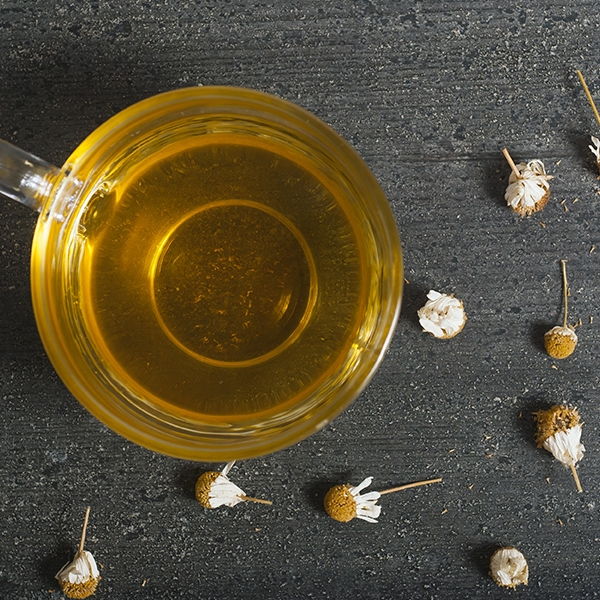
If you are craving uninterrupted, night-long, deep sleep, then chamomile tea might be the healing night-cap for you. Its anti-inflammatory and anti-spasmodic prowess makes it ideal for rosacea-prone skin, and for muscular knots and pains. It is a reputed remedy for motion sickness, vomiting, flatulence, indigestion, menstrual pain, as well as for frazzled nerves, and hypersensitivity. Regular intake over a period of time can help with some ideal fitness and beauty goals: toned body, taut, smooth skin pores, reduced hair loss, a clear and visibly glowing complexion, and, if used as a hair rinse, natural golden highlights!
Which of these beau-‘teas’ is likely to be your favourite this season?
